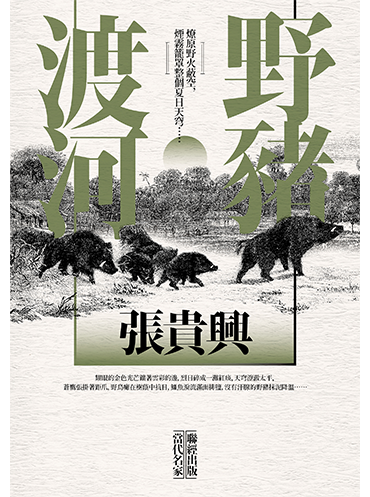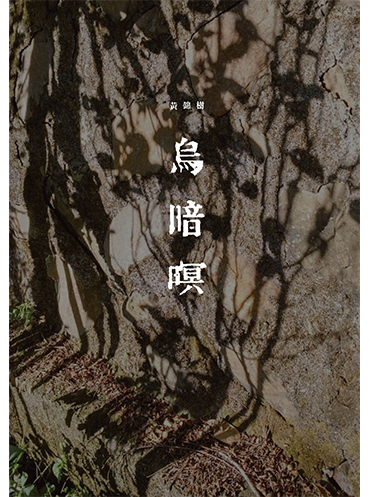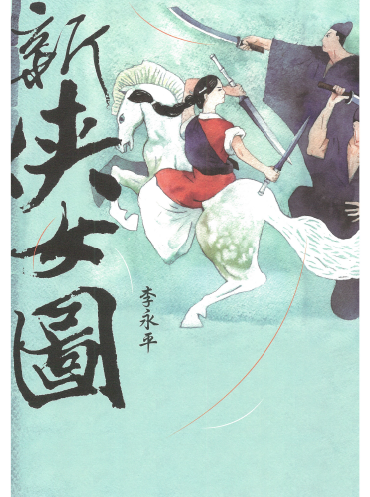Read Previous Part: Malaysian-Chinese Literature in Taiwan (I)
Like Lee Yung Ping (李永平), Zhang Guixing (張貴興) is also from Borneo and rose to fame in Taiwan’s literary scene with his novel Capturing the Tiger. He developed his own distinct style, as evident in Herds of Elephants (published in Japanese by Jimbun Shoin) and The Primate Cup, which were both sensations in Taiwanese literary circles and earned him notoriety far and wide. Published in 2018, Wild Boars Cross the River blends history, legend and folklore to tell the story of an agonising period in Sarawak history. In Taiwan, it has been hailed as one of the best novels in recent years and went on to win the Golden Tripod Award, Taiwan Literature Award, China Times Open Book Award, and sell French rights!

Ng Kim Chew (黃錦樹), whose titles include Lightless and Dreams, Pigs, and Dawn (published in Japanese by Jimbun Shoin), has attracted attention for his courage to experiment with style and tackle challenging subject-matters. He has won numerous literary prizes and his works From Island to Island, Memorandums of the South Seas People's Republic, Fish and Rain explore national Malaysian-Chinese political disputes.

Li Zishu (黎紫書) immediately became a sensation when “Maggot Nightmare” was published, and her short story collections Gateway to Heaven, Wild Buddha, The Years of Remembrance portray Malaysian-Chinese families, ethnicity and nationality using magical realism and collective memory. Her new work Through Customs and Places elegantly tells the story of a city and a blind girl, it contemplates the fates of ethnically Chinese people with low social status in Malaysian society and how they flow like a river through the country’s small towns.
Elsewhere, Ho Sok Fong’s (賀淑芳) story “Never Mention It Again” touches on the taboo subject of conflict between religion and Malaysian-Chinese shamans, Maze Carpet and Lake Like a Mirror concisely convey in-depth female perspectives on desire, society and religion. Lake Like a Mirror was translated into English and published by Granta Books in the UK and Two Lines Press in the US.
After being subjected to colonial rule by the West from Portugal, the Netherlands and Great Britain, as well as three years and eight months under Japanese rule, Malaysia found that the various segregation policies implemented by the colonising forces had caused conflict between each of the main ethnic groups. Clashes had arisen following independence, while at the same time the Malaysian government was facing military challenges from Malay, Islamic and Indian forces, among others.
Malaysia sits on the equator, with its hot, humid climate and rubber plantations, oil palm fields and tropical rainforest. Although it has gone from being a colony to a post-colonial state, the Malay, Indian, Malaysian-Chinese and indigenous populations each face their own set of conflicts involving social status, class, wealth, politics, religion and language, all caused by deep historical wounds and memories. Their unique stories are theirs alone, and as the visibility of Malaysian-Chinese literature overseas continues to increase we can look forward to seeing how it develops in the future.

